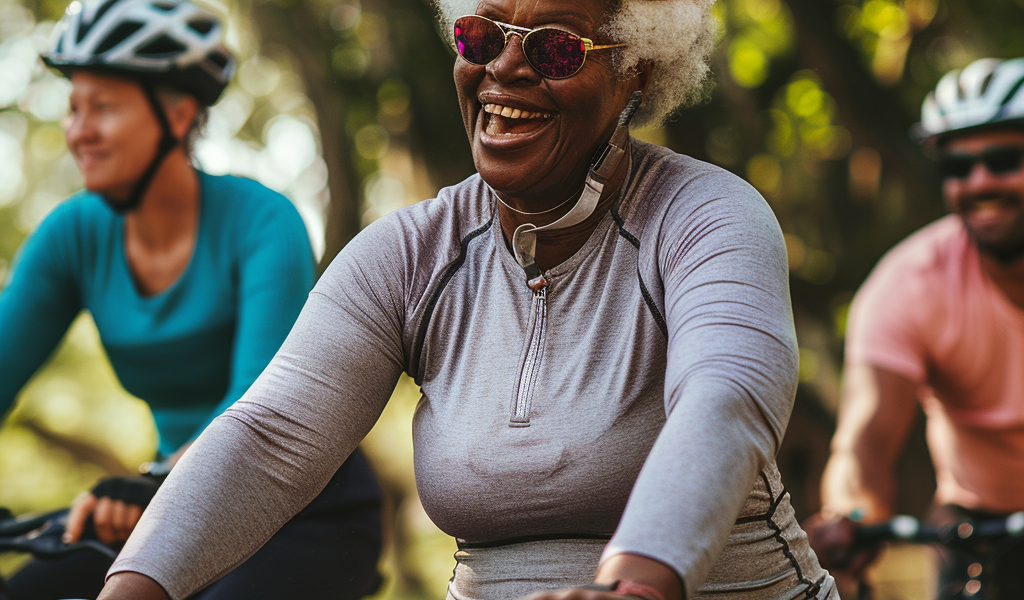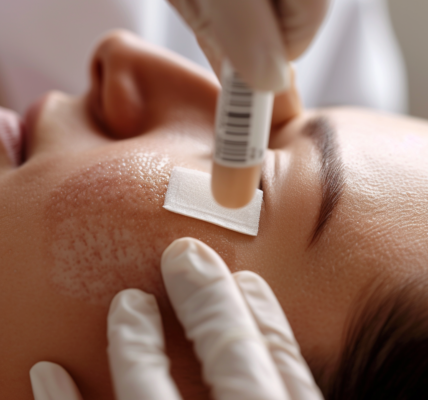As the quest for healthy aging becomes increasingly prevalent, experts are shedding light on the habits that can significantly impact longevity and overall well-being. One such expert is Mary Ní Lochlainn, a researcher specializing in geriatric medicine at King’s College London. Her insights into maintaining health and vitality as we age serve as a guide for those looking to enhance their quality of life.
Mary emphasizes the importance of adopting healthy habits early in life. She argues that many individuals procrastinate when it comes to health, thinking they can start later. However, she asserts that the sooner one begins to implement these practices, the better the chance of maintaining them throughout life. This proactive approach is crucial as life expectancy increases and the demand for effective health solutions rises.
Among the myriad of health products and services available today, many promise improved longevity, yet many of these options can be prohibitively expensive. In contrast, Ní Lochlainn advocates for several cost-effective habits that can lead to healthier aging without breaking the bank.
One of the cornerstones of Ní Lochlainn’s health regimen is a balanced combination of aerobic and resistance training exercises. She incorporates cycling into her daily routine, commuting 10 kilometers to and from work. Additionally, she engages in weekly tennis lessons and dedicates time to resistance training, working with a personal trainer for an hour each week.
Aerobic exercises, such as cycling, are essential for cardiovascular health, but Ní Lochlainn highlights the critical role of resistance training in promoting healthy aging. According to her, muscle mass begins to decline in our 30s, making it vital to build and maintain strength early on. This proactive approach helps mitigate the risks of falls and frailty later in life. Research supports her claims; a 2022 study conducted by the National Cancer Institute revealed that individuals aged 55 to 74 who engaged in resistance training alongside cardio had a 41% lower mortality rate compared to their sedentary counterparts over a follow-up period of seven to ten years.
In addition to physical activity, Ní Lochlainn underscores the importance of adequate vitamin D intake, particularly for bone health and the prevention of osteoporosis. She notes that many people neglect this vital nutrient until they reach older age. Living in the UK, where sunlight exposure can be limited, she takes vitamin D supplements to ensure she meets her nutritional needs. This concern is echoed in the United States, where statistics indicate that approximately one in four Americans do not receive sufficient vitamin D. The Office of Dietary Supplements recommends that adults aged 19 to 70 should aim for a daily intake of 15 micrograms.
Incorporating these practices into daily life can significantly enhance one’s health as they age. By focusing on both exercise and nutrition, individuals can take tangible steps toward improving their longevity and quality of life. As more research emerges on the benefits of healthy habits, it becomes increasingly clear that the choices made today can have lasting effects on our future health.
Mary Ní Lochlainn’s approach to healthy aging serves as a reminder of the power of proactive health measures. By prioritizing resistance training, maintaining cardiovascular fitness, and ensuring adequate vitamin D levels, individuals can lay a strong foundation for a healthier future. As we continue to explore the science of aging, the emphasis on these fundamental habits will undoubtedly play a critical role in shaping our understanding of longevity and well-being.





